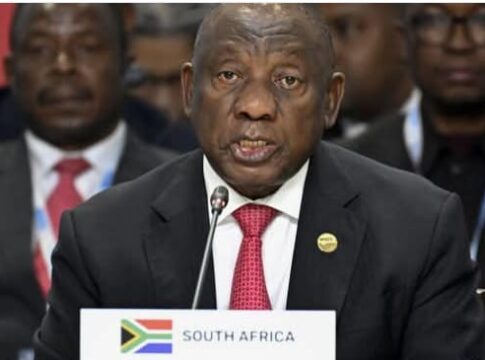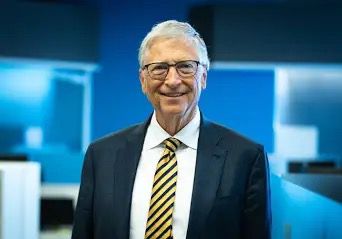African leaders attending the BRICS summit in Russia emphasized the urgent need for comprehensive reforms within international institutions. Egyptian President Abdel Fattah el-Sisi stressed that global shortcomings extend beyond politics and security to economic development.
Addressing Economic Disparities.
President el-Sisi highlighted the crippling effects of escalating debt and inadequate funding on developing countries’ economic growth. Cairo prioritizes raising international awareness of its role in fostering development.
Promoting Cooperative Growth.
South African President Cyril Ramaphosa advocated for World Trade Organization reforms, seeking recalibrated trade rules to enable industrialization. He urged intensified BRICS cooperation through joint development programs focusing on exports, industrial cooperation, and technology exchange.
READ MORE: US President Biden Suspends Overseas Trip To Tackle Hurricane Milton
Conflict Resolution and Global Governance.
Ramaphosa called for an immediate ceasefire and Palestinian self-determination in the Gaza and Middle East crises. Ethiopian Prime Minister Abiy Ahmed sought UN Security Council reforms for equitable representation, ensuring developing nations’ voices are heard.
Expanding BRICS Influence.
The coalition, initially comprising Brazil, Russia, India, China, and South Africa, now includes Iran, Egypt, Ethiopia, the UAE, and Saudi Arabia. Turkey, Azerbaijan, and Malaysia have applied for membership.
Shift in Global Dynamics.
This historic summit, the largest gathering of world leaders in Russia in decades, underscores the evolving global landscape amidst international tensions. BRICS nations forge a path toward collective growth, equitable governance, and cooperation.
Source: African Future Leadership Magazine




